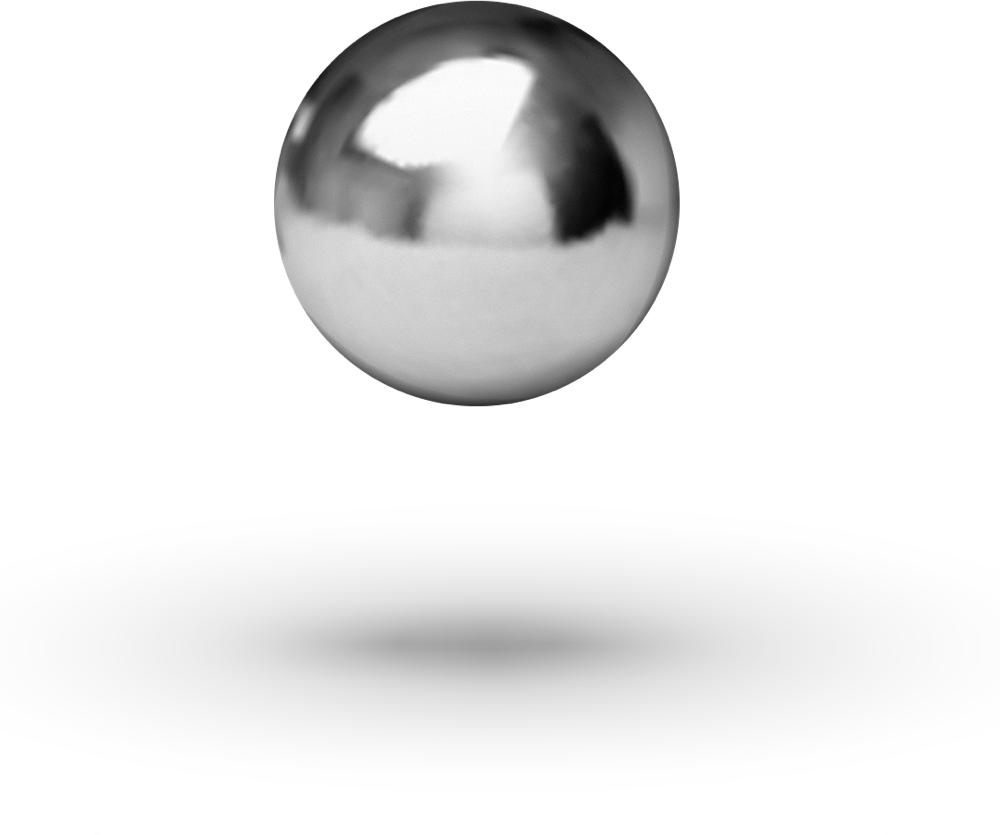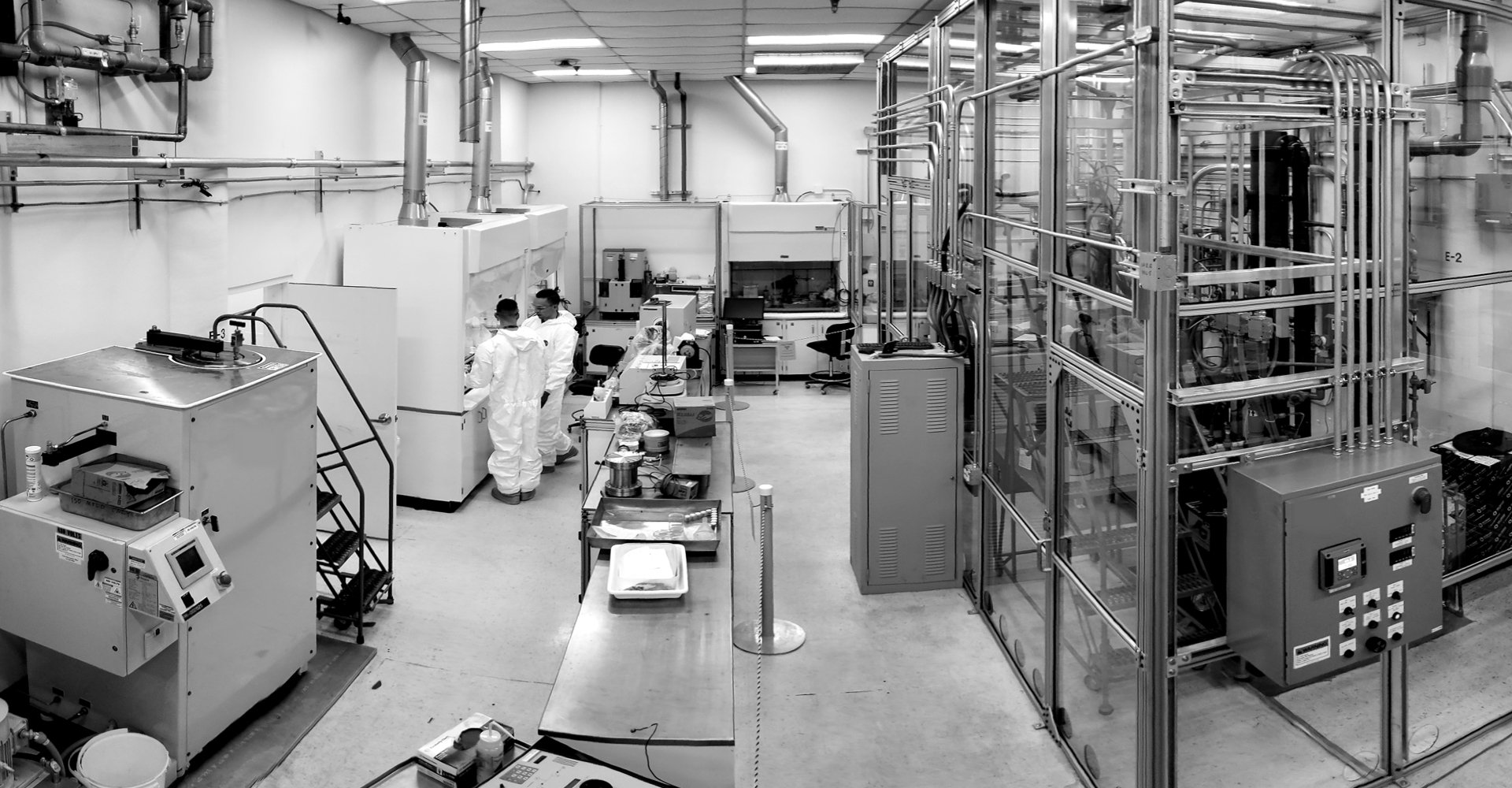
Our Services
We provide Research and Development related services. TRISO-X excels at material science-based characterization of anything and everything. TRISO-X can also produce surrogate fuel and depleted uranium fuel.
R&D Services
We provide Research and Development related services. TRISO-X excels at material science-based characterization of anything and everything. TRISO-X can also produce surrogate fuel and depleted uranium fuel.
Light Flash Analysis (LFA)
Thermal conductivity and thermal diffusivity are the most important thermophysical material parameters for characterizing the thermal transport properties of a material or component. The Laser Flash technique is currently the most widely accepted method for precise measurement of the thermal diffusivity. In carrying out a measurement, the lower surface of a plane parallel sample is first heated by a short energy pulse.
The resulting temperature change on the upper surface of the sample is then measured with an infrared detector. The higher the sample’s thermal diffusivity, the steeper the signal increase.
TRISO-X can handle radioactive materials and measure thermal diffusivity up to 2800 C.
Differential Scanning Calorimetry (DSC)
Experiments will be conducted according to a temperature profile specification provided by the customer and measurements will be collected according to the ASTM Standard relevant to the data collection type. Examples of data collection types are melting and crystallization behavior (ASTM E793), determination of purity (ASTM E928), specific heat capacity (E1269), and heat of reaction (ASTM E2160). All data collected complies with ISO 9000 quality assurance measures.
TRISO-X can handle radioactive materials and measure heat capacity and phase changes up to 1650 C.
Dilatometry (DIL)
The DIL 402 will be used to collect dilatometry measurements on samples provided by the customer from room temperature (25 ⁰C) up to 2800 ⁰C (or maximum material temperature) in inert atmosphere conditions. The sample is loaded into the furnace with one surface in contact with a push rod that is connected to a linear variable differential transformer (LVDT). The LVDT measures the movement of the push rod while the furnace is heated, which is a direct measurement of the sample length change with temperature. This data is used to calculate the sample coefficient of thermal expansion (CTE) and other temperature-dependent material properties.
TRISO-X can handle radioactive materials and measure thermal expansion up to 2800 C.
Simultaneous Thermal Analysis (STA)
The STA 449 will be used to collect thermogravimetry (TGA) and differential scanning calorimetry (DSC) measurements on samples provided by the customer from room temperature up to 1600 ⁰C in oxidative conditions or 2000 ⁰C in inert atmosphere conditions. The experiments will be conducted according to the temperature profile specifications provided by the customer and measurements will be collected according to ASTM Standards relevant to the data collection type. Examples of data collection types are melting and crystallization behavior (ASTM E794), specific heat capacity (ASTM E1269), compositional analysis (E1131), decomposition (E2550) and volatility rate (ASTM E2008). All data collected complies with ISO 9000 quality assurance measures.
“We’ve reinvented the most robust & safe nuclear fuel on earth”
We’re Hiring
Developing state-of-the-art, high technology solutions for reactors and fuel requires both traditional nuclear and non-traditional engineering skills and experience. We’re looking for capabilities in solution development, multi-disciplinary analysis, systems engineering, facility design, test planning, logistics, management, and system integration.





